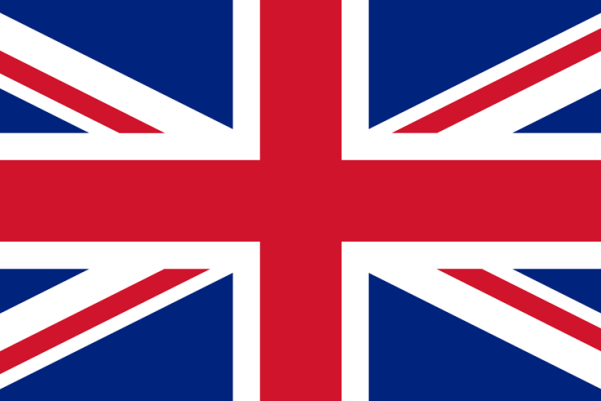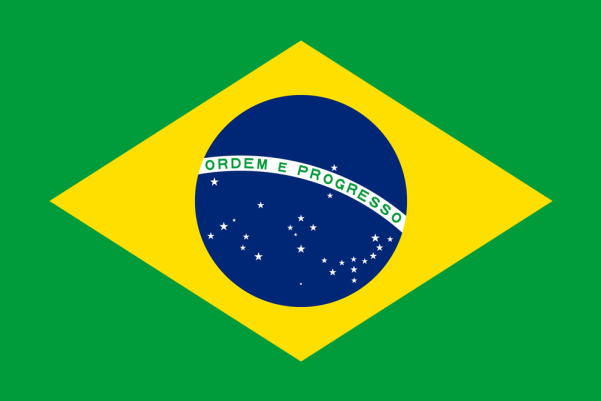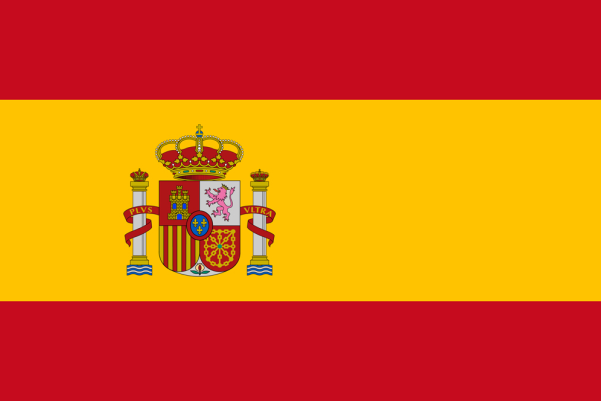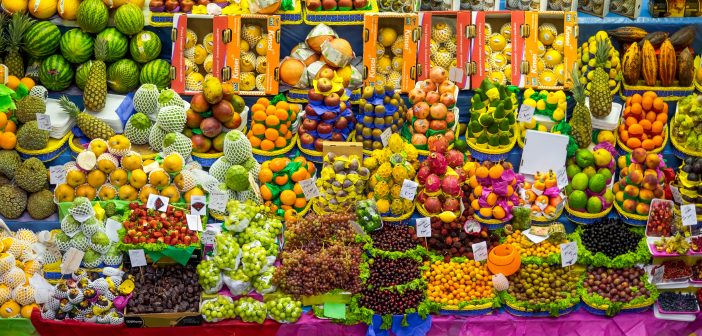Brazil is often referred to as ‘the tropical country’, but does this nickname reflect a nation’s identity or simply its geography?
Brazil is the largest country in Latin America. Brazil is the fifth largest country in the world. Brazil is the fifth most populated, and arguably most culturally diverse. Brazil is home to the greatest population of Portuguese speakers in the world. Brazil is a collective of 26 distinctly individual states. These are big statements and leave little to interpretation. However, the thing that remains less clear is what unites this great nation. There is unquestionably a sense of shared identity, but it’s almost impossible to accurately describe. Indeed, many have attempted, often through the arts, to construct a clear and shared Brazilian identity in these post-colonial times, but one aspect or another always seems to get overlooked.
This has led anthropological academics and sociologists alike to dig a little deeper to understand and recognise the Brazilian people. Nations are often defined as autonomous political groupings that occupy a given territory in which they establish limits and whose members live under shared institutions, such as governments, laws, etc. This is, however, a fairly narrow definition and only really considers geopolitical concepts, and so somewhat superficially glosses over the varied cultural characteristics that unite a population.
In Brazil’s case, initially there was a generation of romantics that sought, through literature, to establish this identity by defining an indigenous people; much later, in the twentieth century, a more progressive effort, the Antropofágico Movement, sought to establish a national character through the assimilation of other cultures. However, they were unable to construct, so to speak, a national identity.
Looking back over time, we are in fact able to single out one element that united the search for a national identity, “Antilusitanism”, a sentiment far more prominent in the immediate period following the proclamation of Brazil’s independence. Unlike countries that were once Spanish colonies, Brazil, as a Portuguese colony, didn’t claim freedom through revolution, but rather as a result of a series of negotiations between the aristocracies of the two nations. Therefore, there wasn’t any one disruptive action that led to change, but instead a managed departure from a previous power. However, to retrofit a culture as diverse as that of Brazil based only on a unifying urge by the population to sever ties with their colonial masters isn’t much of a basis for a shared identity. And so, what appears to have happened is that there was a relatively smooth transition of the identity of the people to the identity of the country as a whole. How so? Well, it’s not uncommon to hear people, especially foreigners, talk about Brazil as a tropical country. However, most of the countries in South America fit this description, that is, they share the same tropical climate. Furthermore, a country of Brazil’s size—of continental proportions—is home to a variety of microclimates and could never be accurately defined by such a meteorological generalisation. So, why was it only Brazil that was anointed as “the tropical one”?
The foreigners’ view that Brazilians are jolly, receptive and high spirited has much to do with the tropical climate; Brazil is, after all, a vibrant and sunny place. This is also why so many coastal areas and beaches are so top of mind, especially those that cater directly for tourism in the Northeast and Southeast, in the state of Rio de Janeiro in particular.
Perhaps one of the principal social reasons this tropical label stuck is due to the Tropicália Movement, which gained traction in the late 1960s when the musicians of the day tried to blend traditional Brazilian culture with the imported rhythms of electric guitars, and in doing so developed what we refer to today as Brazilian Popular Music. Tropicalismo also found its voice when it came to the arts and poetry, following the models set by American pop art and concretism. It was from this movement that names like Caetano Veloso, Gilberto Gil and Gal Costa emerged, nowadays recognised as cultural throughout the world.
And, since we mentioned the song, who could forget Jorge Ben Jor, the very composer of the song País Tropical (Tropical Country)? Released in 1969, the lyrics would consecrate the defining characteristics of Brazil: Moro num País Tropical, abençoado por Deus e bonito por natureza (I live in a Tropical Country, blessed by God and beautiful by nature). This was, quite possibly, the definitive sound of the Tropicalist movement and to this day is played during the Carnival and New Year festivities.
All of this is undeniably linked to Brazil’s geographic location. The tropics have the highest temperature averages on the planet and, unsurprisingly, are the places that receive the most sunlight. The Tropic of Capricorn runs through São Paulo, Paraná and Mato Grosso do Sul, and the vast majority of the national territory is shaped in one way or another by the tropical climate. The climatic conditions of the country directly influence the fauna and flora, which are also influenced by human activity, which in turn is influenced by the climate, and climate is something that we, completing the cycle, influence as we push for our civilisations to progress.
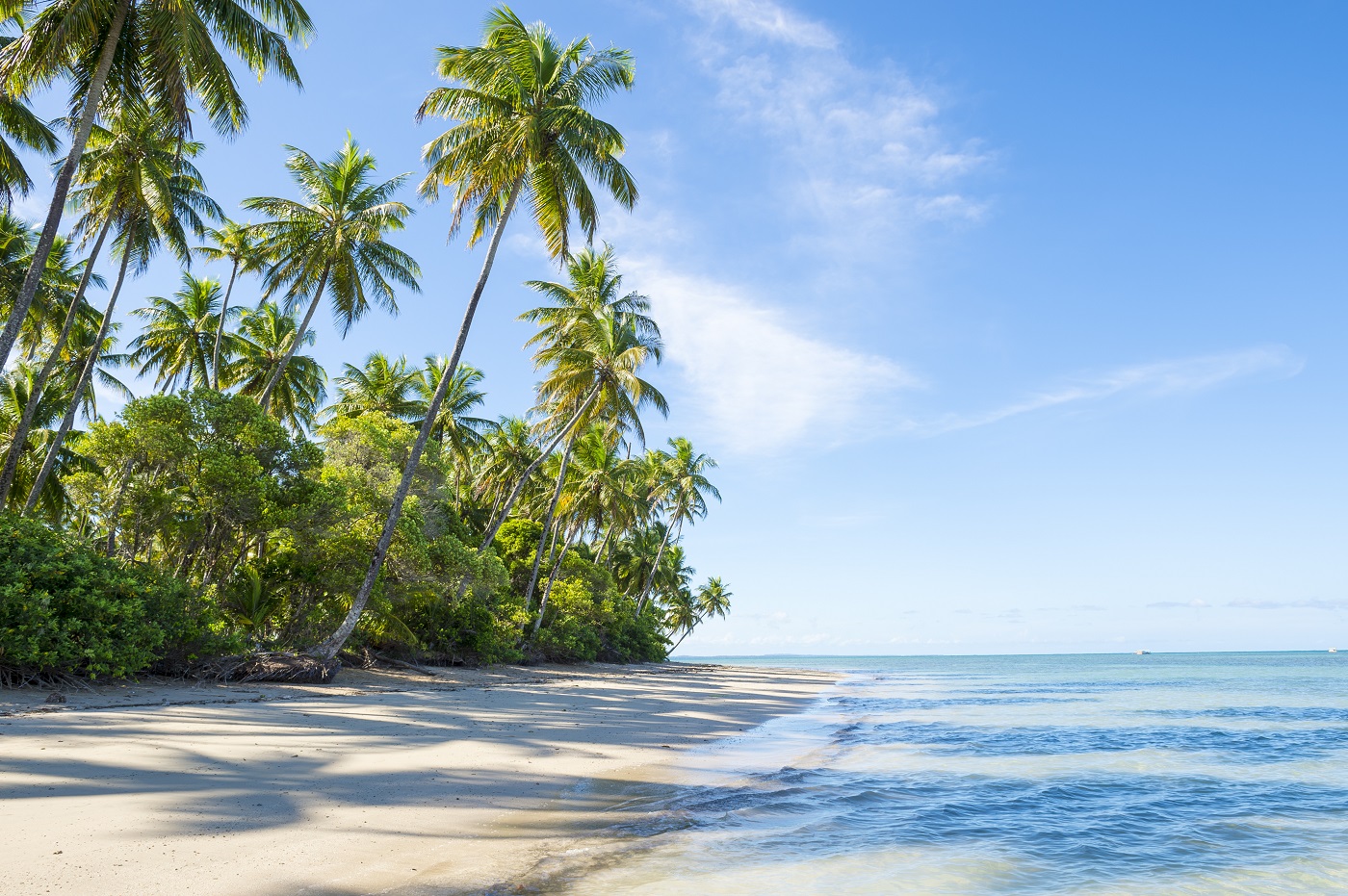
The question, however, still remains: why is Brazil the Tropical Country? OK, so we put forward a cultural justification based on the rise of Tropicalismo in the 1960s and the establishment of Brazilian Popular Music (MPB), but is that enough? There are so many other reasons! As previously suggested, a place’s geography ends up provoking changes in the behavioural patterns of its people, so in turn Brazilians also tend to be more energetic than most as a result of longitude and latitude. The warmer the place, the warmer the people!
And being the largest country in South America, Brazil’s abundance of resources is remarkable, which, only naturally, attracts attention from other nations looking to seize investment opportunities. All this helps to profile the country on the global stage. One sector that is often thrust into the limelight is tourism, after all, there’s never a shortage of holidaymakers looking for a tropical getaway, and Brazil is replete with paradisiacal destinations. The countless beaches that line the coast soon became the focus for the travel trade. The growth in tourism has been so intense, in fact, that many of the smaller seaside cities base their entire economy on the steady influx of guests. And to promote tourism effectively, it was necessary to market Brazil as a culturally rich and rewarding destination, home to stunning, warm and exciting landscapes, all echoed by the country’s tropicalist vision. Just like that, the magic was done.
With the image of Brazil established as a tropical paradise, full of natural wonders, allied to the cultural movements of the late 1960s and those that followed— such as the explosion of national rock over the following two decades—the basis of a national identity was finally entrenched. In this land of palm trees and exotic birds, the warm temperatures create an open space for an passionate and distinct people. Differences aside, we share the same tropical country and, perhaps blessed by God, an unrivalled biodiversity, as well as one of the most important rainforests in the world, the Amazon, which, although not officially “tropical” (the Amazon Forest is an Equatorial climate), is something cherished by every Brazilian. Despite the origins, Tropical Brazil as we know it today refer to a land of the buoyant, persevering, dedicated and energised, all fuelled by the blazing sun. It’s home to wonderful beaches and breath-taking landscapes, as much as it’s home to indigenous villages and immigrants. It is an understanding and welcoming culture, with an incomparable cuisine, and a resilient spirit that unites all that claim allegiance to this tropical giant. As with the heart of any loving mother, in Brazil there’s always room for one more.
